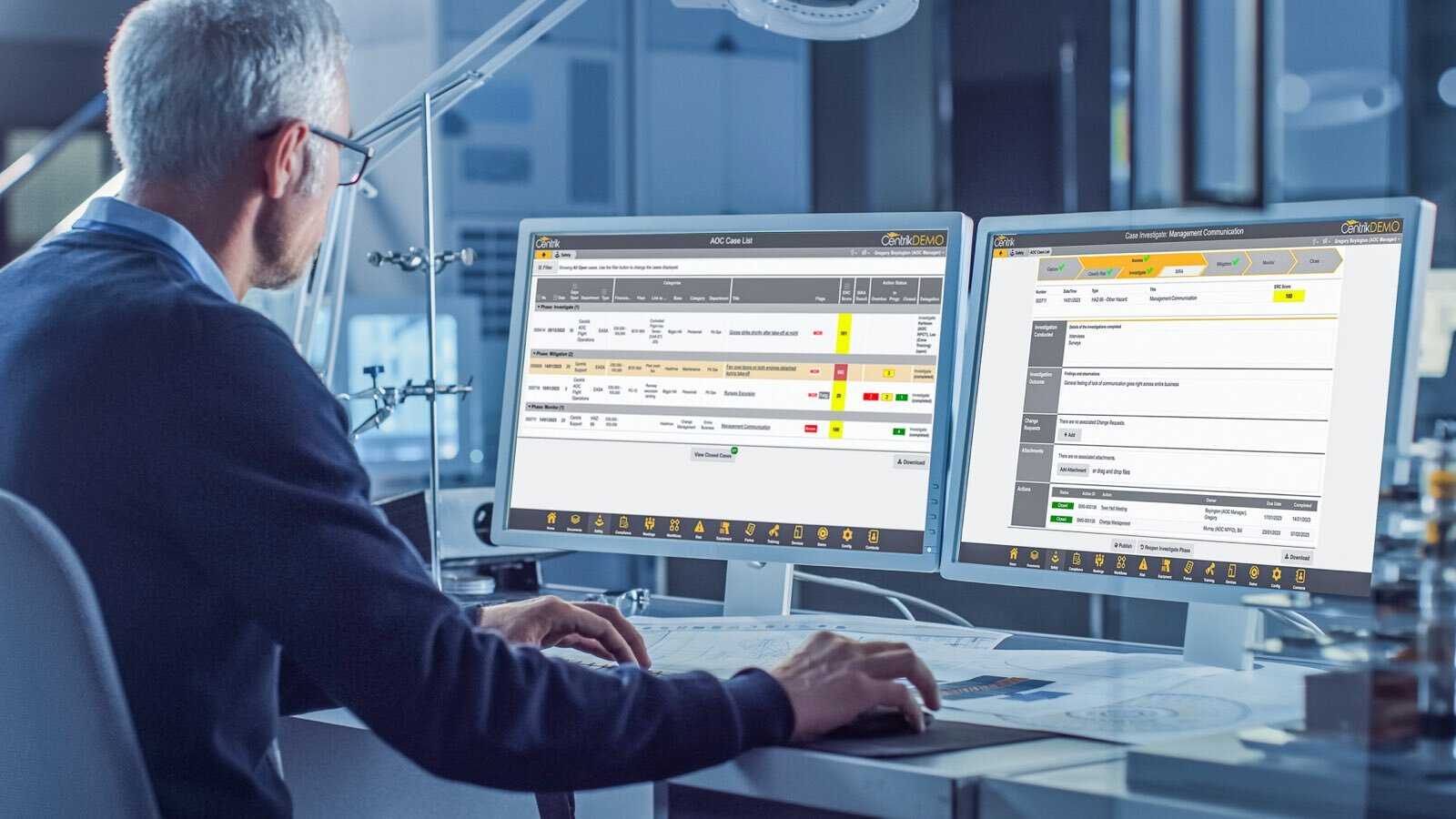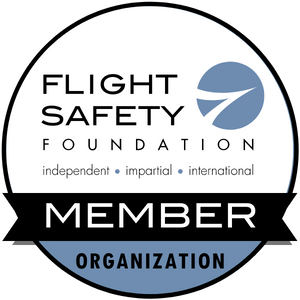SMS for Maintenance: Managing the Coming Culture Shock
It’s a culture shock, no doubt.
In the minds of many leaders of maintenance organizations, implementation of a safety management system (SMS) for a maintenance organization was “something the regulatory authorities always just talked about”. But, it’s here, and initially, in Europe. As of December 2022, Part 145 maintenance organizations regulated by EASA are required to implement an SMS. “There’s a transition period leading to December 2024, but the feeling in the industry is that it’s time to get started”, said Andy Wilkinson, of TrustFlight. EASA does not understate the changes to a maintenance organization. According to the agency, “the implementation of SMS implies significant changes to procedures, processes, and organizational structure.”
That said, SMS shouldn’t be seen as a costly regulator-imposed nuisance. Implementing an SMS has costs, but if correctly implemented, efficiencies develop within a business jet operator organization that offsets the initial financial investment. Indeed, it is an opportunity to adopt an authentic approach to safety. “An effective SMS can enhance an MRO’s business — even profitability — engage its staff from tip to tail, and reduce the financial risk of future incidents”, Wilkinson said.

Not Box Ticking: Implementing Just Cultures and Reporting Cultures
One of the key building blocks of any successful SMS is the establishment of just cultures and reporting cultures. It is not a box-ticking exercise. Establishing a just culture requires buy-in from management and staff alike. “SMS in the maintenance context requires a paradigm shift in collective thinking to embrace error, identify and report hazards and events within the workplace”, Wilkinson said. With that engagement comes a reporting culture, and a multitude of data to process alongside.
What about SMS for maintenance organizations regulated by the FAA?
Not yet. The FAA SMS systems apply to Part 121 airlines from 2018. OEMs are required to comply in 2025 and airport proposed rules were just published. “The FAA advocates for voluntary adoption of SMS, but it’s only a matter of time before SMS becomes codified in the U.S. for MROs” Wilkinson said.
Enter Centrik
TrustFlight is well-known for its Centrik SMS system across maintenance organizations, aircraft operators, regulatory agencies and airports. (On the latter, TrustFlight’s Centrik powers the SMS for London City Airport.) Centrik’s SMS system can make light work of implementation of these daunting tasks. The software includes an intuitive, accessible and deceptively simple reporting interface which seamlessly transitions into classification, investigation, risk assessment and action phases. This entire process is visible to the submitter from start to finish. TrustFlight’s SMS system gives the business jet and airline operator real-time feedback on issues — those that the maintenance organization felt were important to raise. The data becomes readily viewable, and that saves time on implementation, review and proactive issue spotting and solving.TrustFlight’s Andy Wilkinson says: “SMS itself brings a transparent, authentic communication that enhances trust and builds the strong reporting culture that is the lifeblood of any successful SMS — especially for those implementing SMS for maintenance organizations. In our view, and of our clients, using Centrik is a way to achieve or exceed the worthy goals of SMS with the right amount of time and capital investment.”
Learn more about our Centrik SMS or contact our team at sales@trustflight.com to get started.
Let's get started
Talk to our sales team to find out how you can transform your operation with our products and services.

